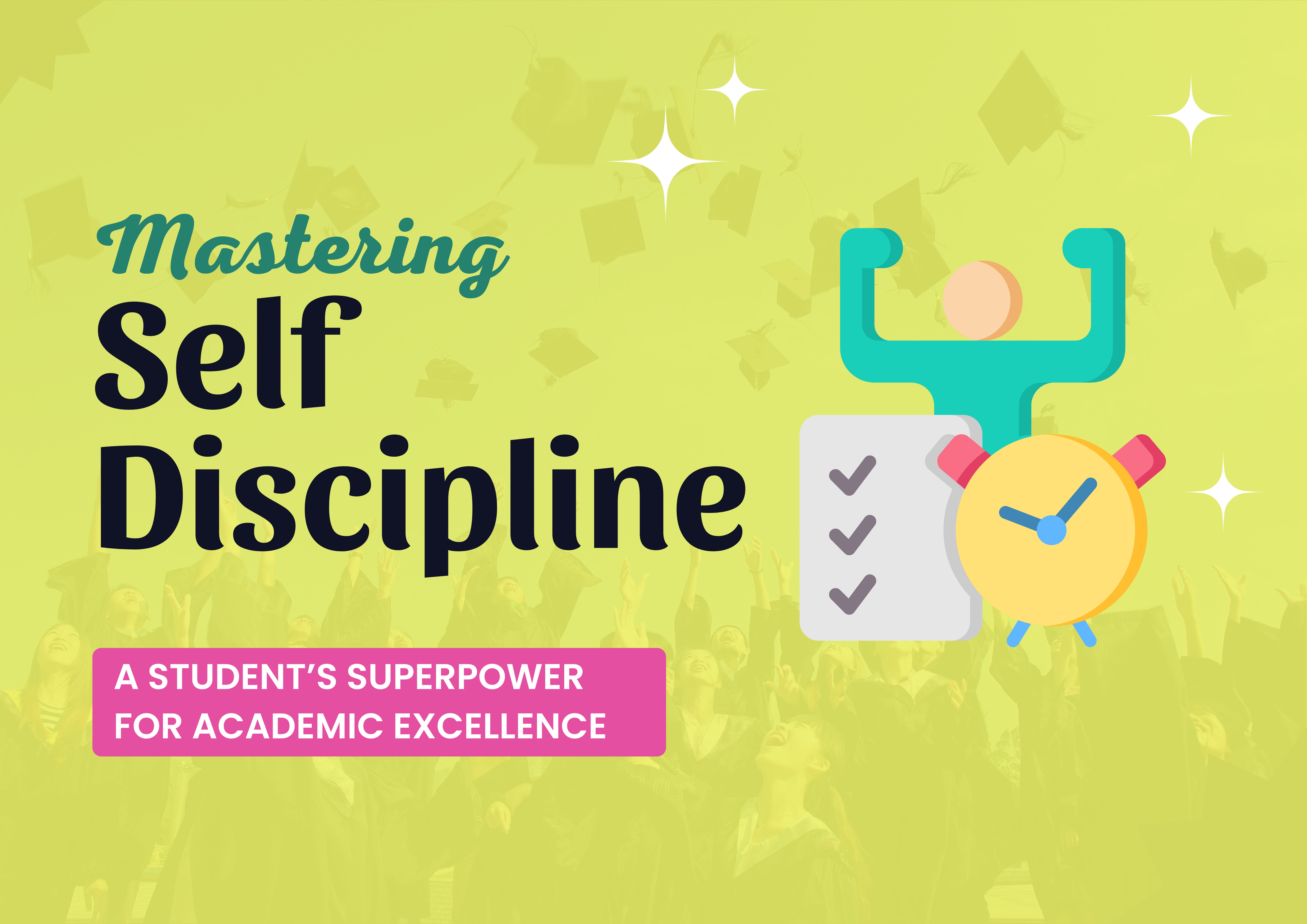In an increasingly globalized world, the ability to communicate effectively in English is no longer a luxury—it’s a necessity. Among all educational boards in India, ICSE schools stand out for their rigorous and consistent emphasis on English proficiency.
For school children, developing this vital skill from an early age not only improves academic performance but also prepares them for future career and social success.
Many parents looking for holistic development often consider boarding schools in Dehradun, where ICSE institutions offer immersive, English-rich environments that foster communication and creativity.
But why does English proficiency hold such a prominent place in the ICSE curriculum? Let’s explore how and why ICSE schools prioritize this skill—and what it means for students.
The Core Role of English in the ICSE Curriculum

ICSE (Indian Certificate of Secondary Education) has always maintained a comprehensive, language-focused academic structure.
English is not treated as just a subject—it’s the medium of instruction and evaluation across all key disciplines. This deep integration helps students naturally absorb the nuances of the language throughout their school life.
Moreover, the curriculum emphasizes literature, grammar, comprehension, and creative writing equally.
This holistic approach builds strong foundations for English proficiency—enabling students to read deeply, write clearly, and speak confidently.
Why English Proficiency Matters for Students

ICSE schools understand that mastering English is more than just getting high marks. English proficiency allows students to:
- Comprehend complex concepts in science, history, and other subjects taught in English.
- Engage actively in classroom discussions, debates, and presentations.
- Write effectively, whether it’s essays, reports, or creative stories.
- Perform better in competitive exams, many of which are English-based.
- Access global content—from online courses to international reading materials.
When students are proficient in English, they participate more actively in school life, share ideas freely, and explore the world beyond the classroom.
Techniques ICSE Schools Use to Boost English Proficiency

What sets ICSE schools apart is how they integrate skill-building activities into everyday learning. These aren’t one-off efforts but part of the academic culture. Some key strategies include:
- Regular writing exercises such as essays, journals, and reflections that nurture vocabulary and sentence structure.
- Drama and public speaking, where students recite, debate, and act—all in English.
- Extensive reading programs that expose students to diverse genres, from classic novels to contemporary articles.
- Cross-disciplinary integration, where English is not siloed but interwoven into subjects like history and geography.
Through these practices, students aren’t just learning English—they’re living it.
The Long-Term Benefits of Early English Proficiency

Early development of English proficiency leads to lifelong benefits. It opens the door to better academic achievements in school and beyond. As students grow older, it enables:
- Admission into premier colleges in India and abroad.
- Success in globalized careers where English is the main communication medium.
- Greater confidence in social interactions, both formal and casual.
- Stronger cognitive abilities—research links multilingual and proficient language users to better problem-solving and critical thinking.
And most importantly, it equips children to thrive in a world where communication is key to collaboration, creativity, and leadership.
How Shri Ram Centennial School Dehradun Nurtures English Proficiency

At Shri Ram Centennial School Dehradun, English proficiency is woven into the student experience from day one. Teachers follow ICSE’s structured framework while also encouraging curiosity, storytelling, and discussion.
Students participate in English week, literary fests, and daily reading circles—making language learning both purposeful and enjoyable.
Whether it’s a beginner developing confidence or a budding orator refining their tone, every child receives tailored support to grow in language and self-expression.
Conclusion
ICSE schools’ focus on English proficiency goes far beyond language drills. It’s a mission to prepare students for success in a globally connected world—where effective communication is often the bridge between ideas and action.
For school children, strong English skills offer the confidence to ask questions, share stories, and connect with others from all walks of life.
And in schools like Shri Ram Centennial School Dehradun, this journey begins early, is nurtured daily, and leads to a world full of opportunities.










You’ve hit the nail on the head about English being more than just a subject—it’s a gateway to global opportunities. Especially in ICSE schools, where the curriculum really encourages depth in language usage, students are at a distinct advantage.